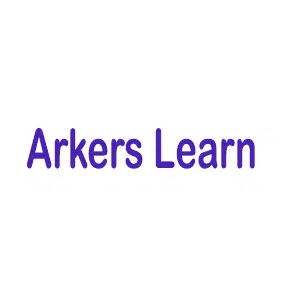
Modern Age Libraries in 2023
Gaining knowledge is a lifelong pursuit, and modern libraries offer a diverse range of resources to support this endeavor. Here are some types of libraries and resources you can explore to expand your knowledge:
- Public Libraries: Public libraries are accessible to everyone and provide a wide variety of books, magazines, newspapers, and multimedia resources. They often offer community events, workshops, and access to digital databases.
- University Libraries: If you have access to a university or college library, you’ll find extensive collections of academic books, journals, and research materials. University libraries also provide access to specialized databases and academic resources.
- Digital Libraries: Many libraries now offer digital collections, making books, articles, and other materials available online. Project Gutenberg, Internet Archive, and Google Books are examples of platforms with vast digital book collections.
- Online Learning Platforms: Libraries often partner with online learning platforms, providing access to courses, tutorials, and educational content. Platforms like Coursera, edX, and Khan Academy offer a range of subjects.
- Scientific Journals and Databases: Libraries provide access to scientific journals and databases like PubMed, IEEE Xplore, JSTOR, and more, allowing you to access cutting-edge research in various fields.
- E-books and Audiobooks: Many libraries offer digital lending services for e-books and audiobooks. Platforms like OverDrive and Libby allow you to borrow and read/listen to books on your devices.
- Research Libraries: Research libraries, like the Library of Congress, offer extensive collections of historical documents, manuscripts, rare books, and other materials valuable for in-depth study.
- Specialized Libraries: Some libraries focus on specific topics, such as law, art, music, or medical research. These libraries provide specialized resources and expertise in their respective fields.
- Digital Archives and Museums: Many cultural institutions provide online access to their archives and collections. This allows you to explore historical documents, artworks, artifacts, and more from the comfort of your home.
- Podcasts and Webinars: Libraries often host podcasts, webinars, and virtual events featuring authors, experts, and thought leaders. These events offer insights and discussions on various topics.
- Local Community Libraries: Check out your local community library for book clubs, workshops, lectures, and other events that foster learning and community engagement.
- Open Educational Resources (OER): OERs are freely accessible educational materials that can include textbooks, videos, and lesson plans. These resources are often created by educators and institutions to support learning.
When using libraries to gain knowledge, remember to engage actively by exploring diverse topics, seeking out recommendations, and participating in discussions and events. Libraries are valuable resources for lifelong learning and personal growth.



